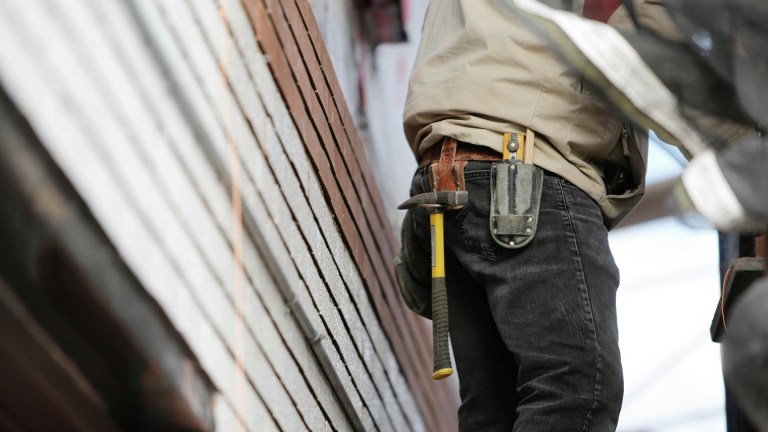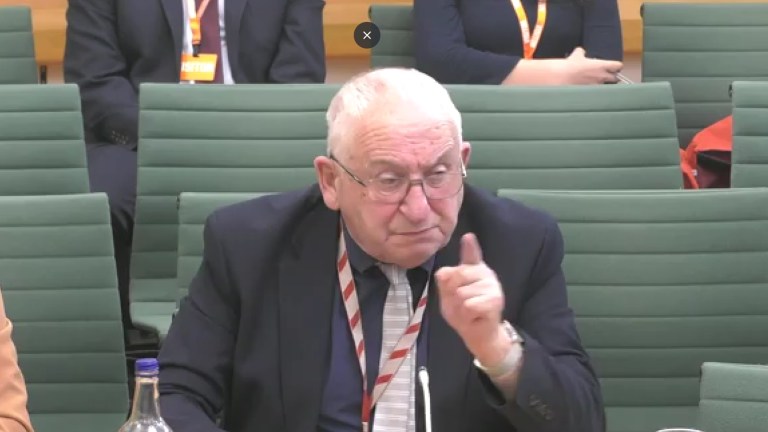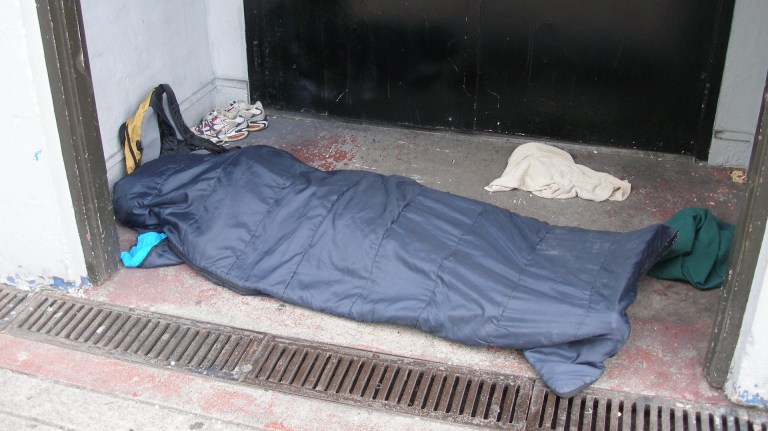However, the government’s own statistics released as recently as last week tell a different story.
Most lead tenants in new social housing lettings in England in 2021-22 were UK nationals, comprising 90% of the 267,000 households moving into a new letting over the year. European nationals comprised 5% of lead tenants with the remaining 5% from nations outside the European Economic Area.
It should be noted that there are regional differences across England but 16,458 of the 19,669 new social housing lettings in London in 2021-22 listed UK nationals as the lead tenant, making up around 83% of lettings.
The majority of lead tenants were also white, comprising 81% of new lettings and almost identical to the proportion seen across the general population. Black households made up 8% of lettings and 4% of the general population while Asian households amounted to 5% of lettings despite making up 10% of the general population. A further 3% of lettings were listed as both mixed race lead tenants and other respectively.
Meanwhile, 30% of lead tenants in new social housing lettings in 2021-22 were in employment, an increase from 28% in 2020-21 which was considered a recent low. By comparison, 16% of lead tenants were unemployed, meaning the proportion of homes going to workers is already higher than those who are in employment.
Looking across the wider social rented sector, 92% of the four million social renters in England are from the UK or the Republic of Ireland.
Advertising helps fund Big Issue’s mission to end poverty
2. Foreigners aren’t the reason why more Brits can’t get social housing
One of the reasons behind the housing crisis is the failure to build enough homes in general, but particularly social housing.
More than 1.2 million households are on the waiting list for a social home in England, up 2% in 2022.
But more than 200,000 social rent homes have been lost in the last decade through Right to Buy, demolitions or being converted into affordable rents.
Shelter said that around 90,000 social rent homes must be built every year to plug the gap with chief executive Polly Neate calling the government’s proposal “unnecessary, unenforceable and unjust”.
Last year only 9,500 social homes were built. There are not enough homes to go around anyway so the government’s plan is not going to change that.
Giles Peaker, a housing solicitor at Anthony Gold Solicitors who also runs housing law blog Nearly Legal, said: “The issue is the shortage of social housing. Nothing that might be done to, for example, exclude those recently granted asylum from access to social housing is going to make any difference at all to the waiting list.
Advertising helps fund Big Issue’s mission to end poverty
“It is purely gestural and to the extent that it would achieve anything, it would be to penalise people in housing need who have full rights to live and work in the UK.”
3. There are already protections for British households
While eligibility criteria can differ from council to council, you already need to be a British or Irish citizen to apply for social housing or meet immigration conditions.
People who are asking for help from their council with homelessness may also be subject to a local connection. That means people must have a link to the local area to receive support either by them or a close relative living there, working there or having care leavers or asylum support housing in the area.
Nick Bano, a barrister at Garden Court Chambers who specialises in representing homeless people and migrant households and the author of upcoming book Against Landlords, accused the government of using housing policy to further other agendas.
“Conservatives have a long history of weaponising housing policy for racist purposes,” said Bano.
“There are already many requirements for applicants to have a ‘local connection’ before they can access social housing, so migrants tend to be excluded even under the existing law.
Advertising helps fund Big Issue’s mission to end poverty
“So much of the social housing in Britain was built by migrant labour, and funded by wealth taken from colonised nations. It is typical that the government wants to deprive migrants of the benefits of decent housing. They want to trap migrants in the private rented sector, where discrimination is widespread and wages must be handed over to wealthy landlords.”
4. Discriminating against nationality is likely to be unlawful
Just as discriminating against someone for a job because of their nationality is illegal, the same might be true for social housing.
The Equality Act protects against direct or indirect discrimination based on race as a protected characteristic, including colour, nationality and national or ethnic origins. The Human Rights Act (HRA) also protects against unjustified discrimination and procedural unfairness.
The Equality and Human Rights Commission has previously advised social housing providers discriminating against housing applicants on nationality may amount to unlawful discrimination under the HRA.
Peaker agreed. He told The Big Issue: “Discrimination on the basis of nationality would likely be unlawful.”
The government has already proven itself willing to take on international law in bid to send asylum seekers to Rwanda and could face another legal battle to bring the ‘British homes for British workers’ plan to fruition.
Advertising helps fund Big Issue’s mission to end poverty
5. There is little time to bring through these plans before a general election
The government is planning to launch a consultation on the plan next month, according to The Guardian.
While there is still no date for the general election, it is likely to be before the end of the year with Sunak reportedly targeting the second half of the year.
That leaves little time for the consultation to take place and for the plan to be implemented, especially as the Tories are trailing in the polls and it’s unclear whether Labour would take the same approach in government.
Instead, the announcement may end up being empty political rhetoric with both Crisis and Shelter accusing the prime minister of “scapegoating”.
“This will not deliver the social homes we need to tackle homelessness. To end the housing crisis we need proper solutions – not policies that exclude people from support when they need it most,” said Crisis on X, formerly Twitter.
Do you have a story to tell or opinions to share about this? We want to hear from you. Get in touch and tell us more.
Advertising helps fund Big Issue’s mission to end poverty










